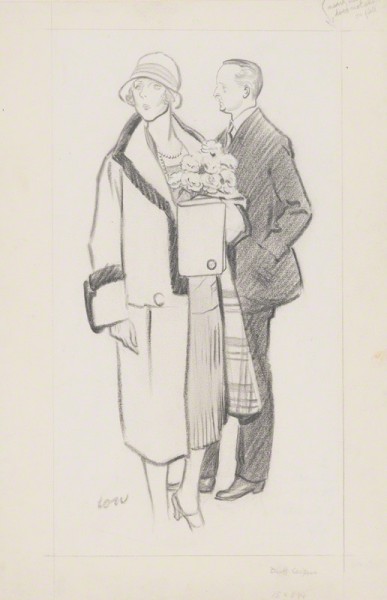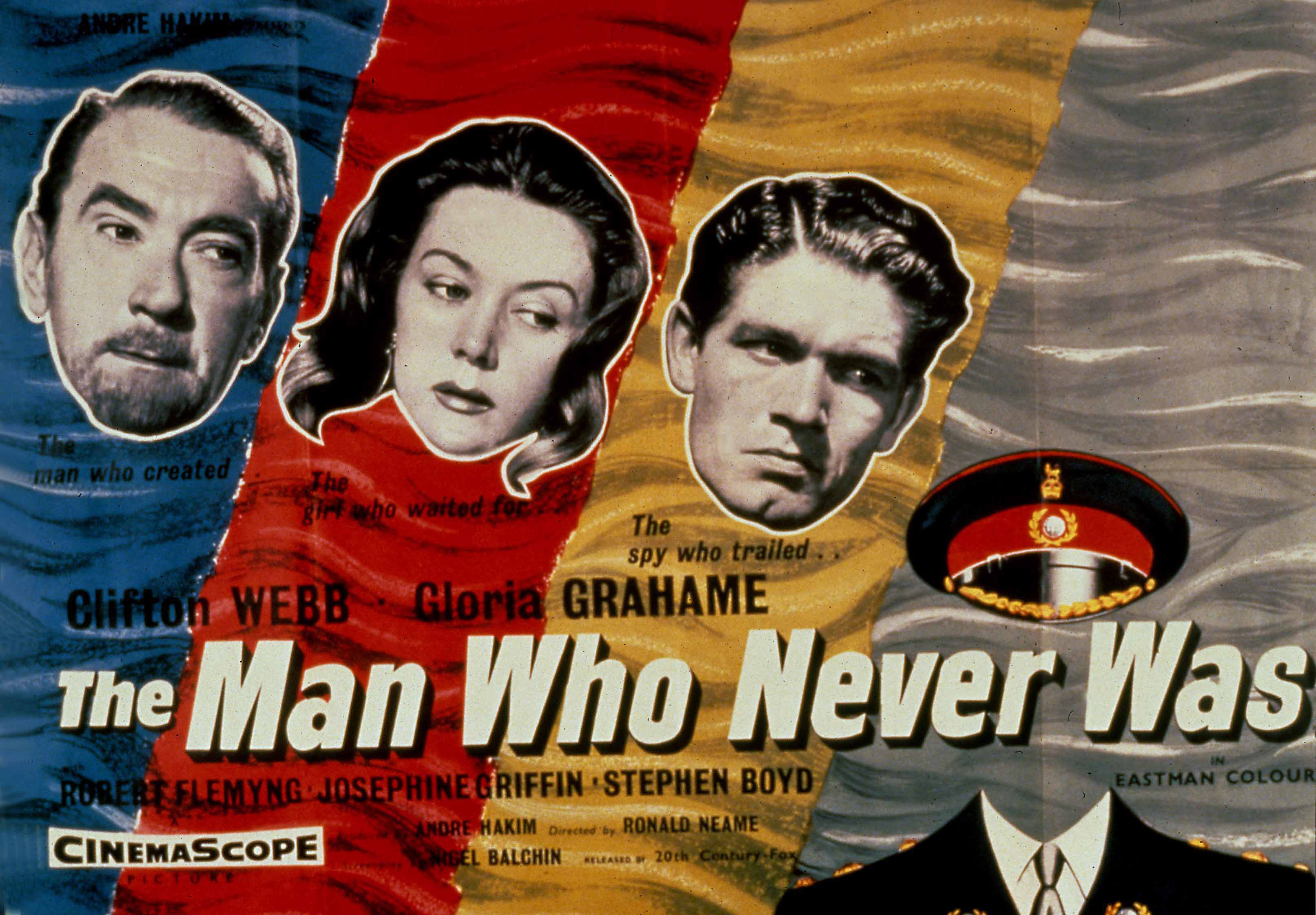Operation Heartbreak is based on a wartime incident that took place in 1943. The cabinet office tried to stop publication in 1950, maintaining that it breached security: Duff Cooper dismissed the objection, arguing that Winston Churchill frequently told the story over dinner. He might have added that he was far less concerned with the detail of the operation than in imagining the ‘back-story’ of the man chosen for the lead role, giving flesh and blood to ‘the man who never was’.
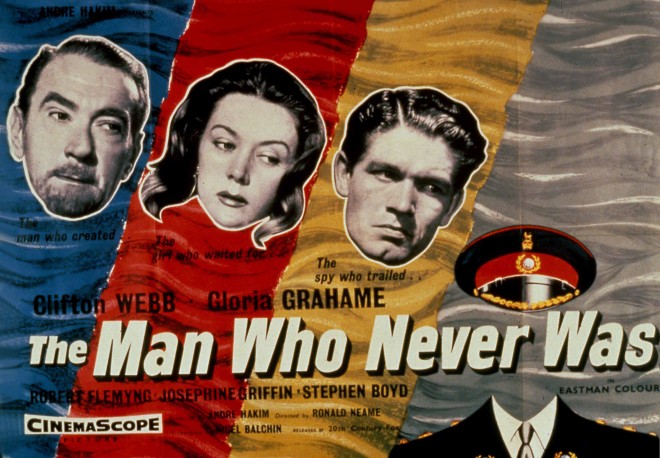
Having read The Man Who Never Was years ago and, much more recently, Operation Mincemeat (I so much prefer the name ‘Heartbreak’), I should, after the Prologue, have realised where this brilliant novella, was heading, but Duff Cooper creates such a convincing and touching character in Willie Maryngton, and makes such an absorbing narrative out of a life in which so little happens, that I quite forgot the strange funeral scene and was taken completely by surprise by the dénouement.
Nothing in Willie’s life has lent him ‘tragic status’: ‘It seemed to be his fate, he sometimes thought, to be a soldier who never went to war, and a lover who never lay with his mistress.’ But death changes everything. The personable nonentity serves his country at last, going to war (maybe changing the course of the war), with a letter from the woman he loves in his pocket. With fewer relations than anyone alive or dead, he is the perfect candidate for the mission.
He never knew his mother, who died giving birth to him on the first day of the new century, and is doubly orphaned at the age of fourteen when his father is killed at the battle of Villers Cotterets at the start of the First World War. The whole of Willie’s short life to date has been spent following the drum, and he has no other ambition than to join his father’s cavalry regiment, and do so in time to get to Flanders before hostilities end. To his bitter disappointment the peace, for which everyone but Willie has been praying, is declared before he can get his feet metaphorically into his father’s stirrups.
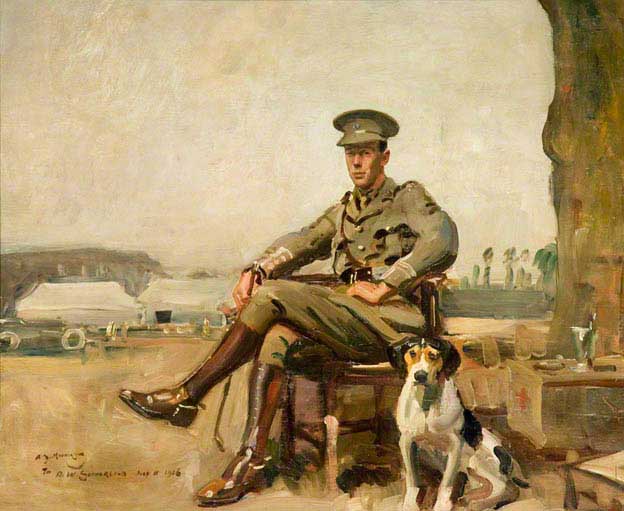
Born too late – too young for one war, too old (although he cannot know that further disappointment awaits him) for the next, and orphaned too young, before he could outgrow his natural hero-worship of his father, or the idealization of his mother – Willie never quite grows up; he nurses unrealistic ambitions of military success into middle age, from which his father might have released him, and is sexually inhibited by an old-fashioned innocence concerning women. He remains a nineteenth century man adrift in the twentieth, almost wilfully blind to the changes that are happening all around him, in the outside world and in his ‘adoptive’ family. Taken in by his appointed guardian’s widow, an army daughter with three children of her own, little money and an over-riding sense of duty, he seems not to notice that she, with the army in her DNA, is ready to set her sons and daughter free. ‘But what else can one be,’ he asks, ‘except a barrister or go into the Diplomatic Service? Surely you wouldn’t be a doctor or a clergyman.’ What else but a soldier, a cavalry officer like his father? He is surprised that her eldest son, Garnet Osborne, a practical young man with a view to the future, should choose the Royal Army Medical Corps, rather than a fighting regiment, and astounded, shocked, that his contemporary, a fun loving pacifist, Horatio Osborne should consider acting a suitable career for a gentleman. There is no chance of his understanding the youngest of the Osborne siblings, Felicity, twelve years younger than him, and the stalwart heiress to the ideals and ideas of the New Woman, of which he is naïvely ignorant.
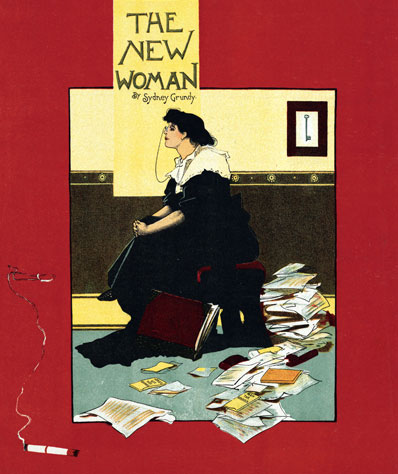
As a family the Osbornes are plucky, energetic and adaptable, while Willie is trapped in a past era, never happier than during his army years in India where ‘he was able to recapture the nineteenth century, and enjoy life as he would have enjoyed it had he been born fifty years earlier.’ He loves the regiment, like a family, he loves horses, dreads the arrival of tanks, and he believes that once a girl has allowed herself to be kissed, she must want to be married. Barely able to envisage sexual freedom for himself, he is bemused by the changes he observes in young women: Emily who abandons him for a married lover; Felicity who chooses independence over marriage, because ‘so few married people love each other and so many people who aren’t married do’.
While doors are opening for women like Felicity, intelligent and with an income of her own (her kind brothers have made sure of that after their mother dies), as the 1930s go by they are closing for men like Willie. Although he still yearns to fight – even considering entering the fray in Spain, on whichever side will take him – he makes a sort of life for himself outside the army, keeping racehorses, gambling, going on exercises with his regiment as a reservist, passing the time with his friends at his club – the good fairy didn’t grant him much at birth, but she did give him a pleasant demeanour: he is a clubbable man, liked, if not greatly respected, by his peers. ‘These were not unhappy years for Willie’, but soon the German armies would be sweeping through Europe.
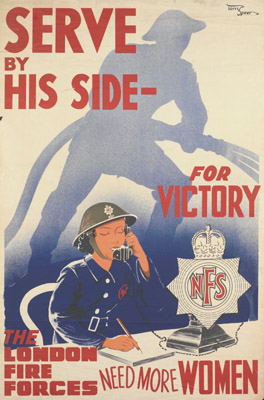
There is a stock character in Russian nineteenth century novels, generally referred to as ‘the superfluous man’. Willie seems gradually to take on this mantle. The army doesn’t need him, doesn’t even want him. The new war, which had seemed to offer a second chance, proves no more fulfilling than the first. With a breaking heart he waves off his friends as they board ship. The regiment was now at sea, ‘and there he was, sitting half-tight in a night-club, talking to tarts,’ and becoming increasingly bitter and disagreeable. Having volunteered for the Auxiliary Fire Service, Felicity has a good war, while Willie’s is as bad as could be. She seizes the opportunity to work and is able to appreciate the courage and humour of the victims of the blitz, to love the city, ‘with its poor wounded face’; he is aware only of what he is missing.
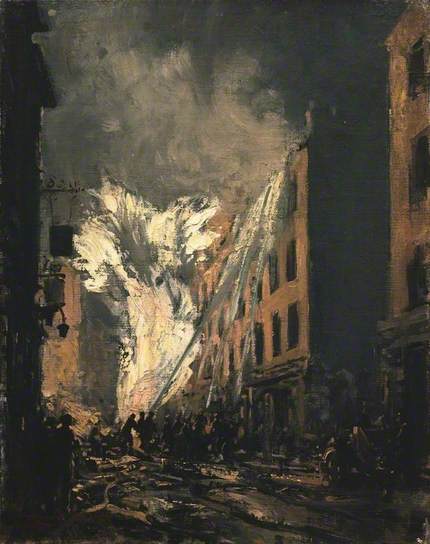
Operation Heartbreak is a desperately sad story of a man trapped in the pursuit of a single ambition which history does not allow him to achieve. Duff Cooper tells it simply, succinctly and with an occasional touch of humour – one can almost hear the dry patrician voice – dropping the briefest of references to life-changing events, a death, an elopement, at the ends of chapters in an almost Forsterian way.
Cooper was an eminent diplomat, a decorated soldier, a successful politician, a poet, and a biographer; he was married to a woman widely considered to the most beautiful of her generation, and had affairs with countless others, many of whom would have been in the running for the same accolade. Little surprise then that he should have created a thoroughly believable, and utterly likeable, attractive and intelligent woman in Felicity but he also draws a credible and deeply sympathetic portrait of a man who had none of his qualities and turns him into a hero, so that his strange passing, with the sense of a life that might have been, moves readers to tears.
